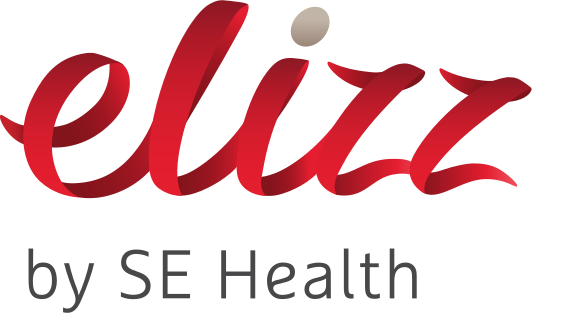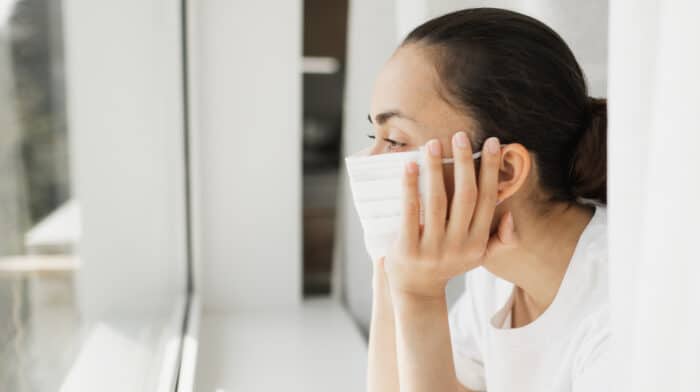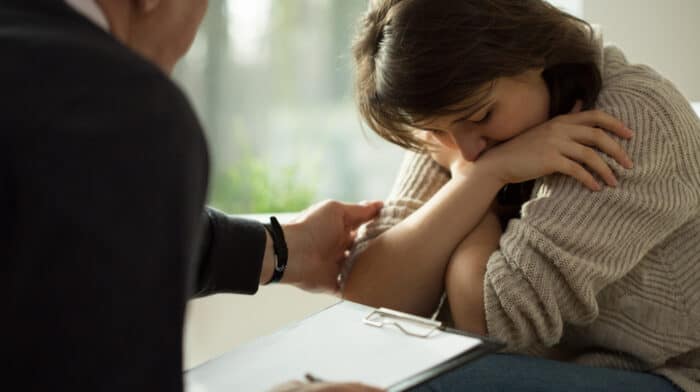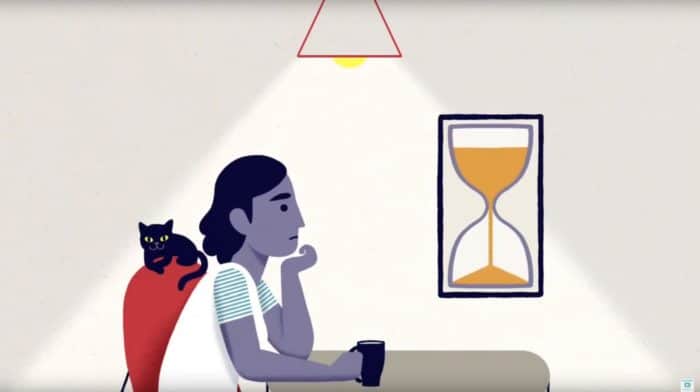| Self-Monitor |
•
Monitor yourself for 14 days for symptoms
•
Avoid crowded places and increase your personal space from others whenever possible. |
•
Have NO symptoms
AND…
•
May have been exposed to a virus through travel OR
•
In close contact with older adults or high risk individuals. |
•
You are healthy but you were possibly exposed so you want to keep tabs on your own health.
•
If you develop symptoms, isolate yourself from others immediately and contact your public health authority ASAP. |
| Self-Isolate |
•
Stay at home
•
Monitor yourself for symptoms, even if mild, for 14 days
•
Avoid Contact with others. |
•
Have no symptoms
AND…
•
May have been exposed to the virus either by travel or close contact with someone who has the virus. |
•
This goes hand in hand with self-monitor. You are healthy but there is a risk you may have been exposed so you are isolating to protect others.
•
If you develop symptoms, even mild, stay home and avoid contact with other people. |
| Isolate |
•
Stay at home until the local Public Health Authority says you are no longer at risk of spreading the virus
•
Avoid contact with others. |
•
Have symptoms, even mild OR
•
Been diagnosed with the virus OR
•
Waiting for lab test results |
•
You basically have a virus or awaiting confirmation. You must isolate to protect others.
•
If your symptoms get worse, immediately contact your healthcare provider or the Public Health Authority and follow their instructions. |
| Social Distancing |
•
Avoiding non-essential gatherings
•
Avoid hand shakes
•
Avoid crowded places (concerts, arenas, conference, pubs, movies, theatres)
•
Limit contact with people at a higher risk like the elderly or those in poor health.
•
Keep a distance of at least 3’ from others. |
•
Are healthy.
•
Not showing any signs or symptoms of the virus. |
•
You are basically healthy but it’s always possible that you have the virus and don’t know.
•
That’s the purpose of social distancing: to avoid accidental spread of the virus. |






